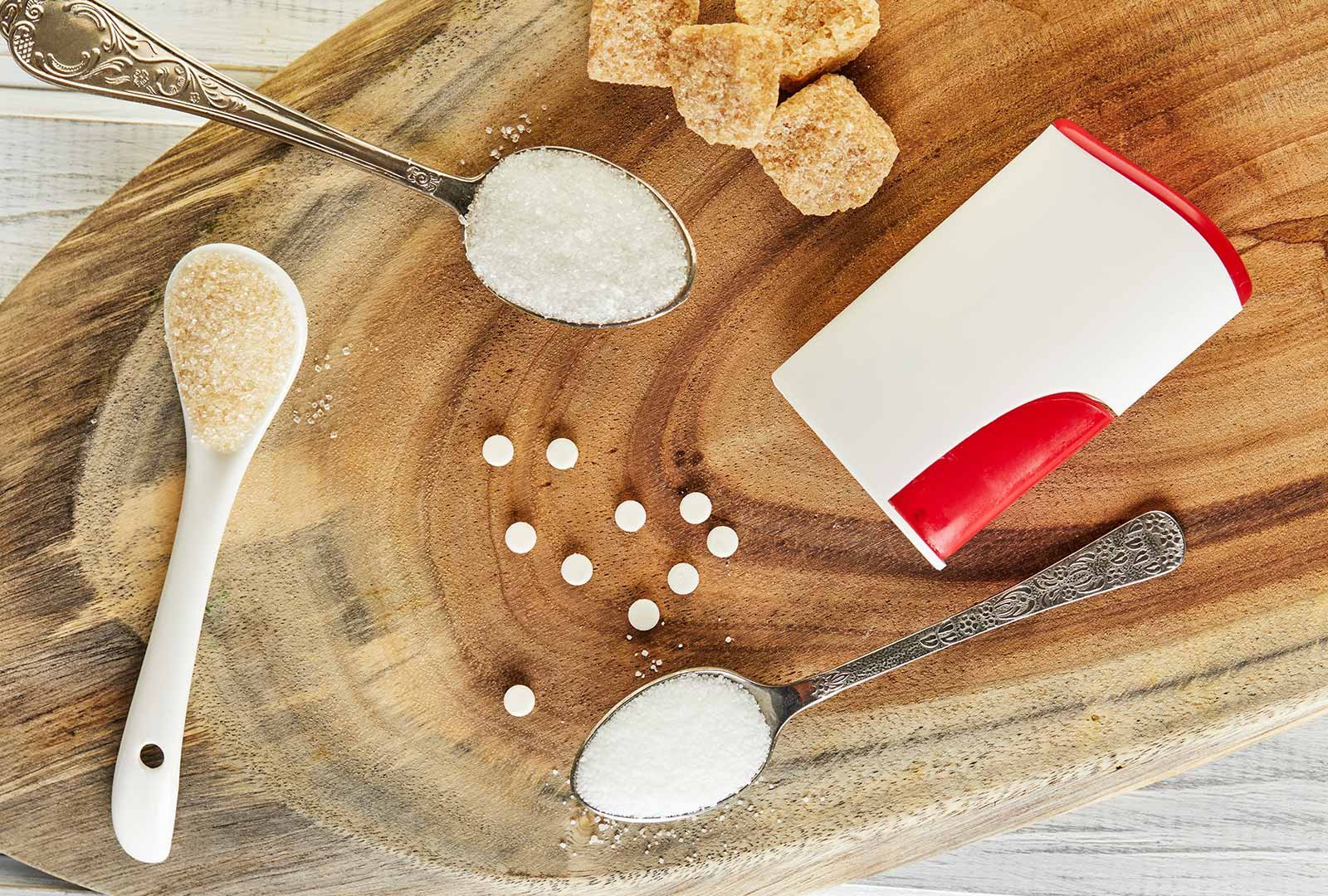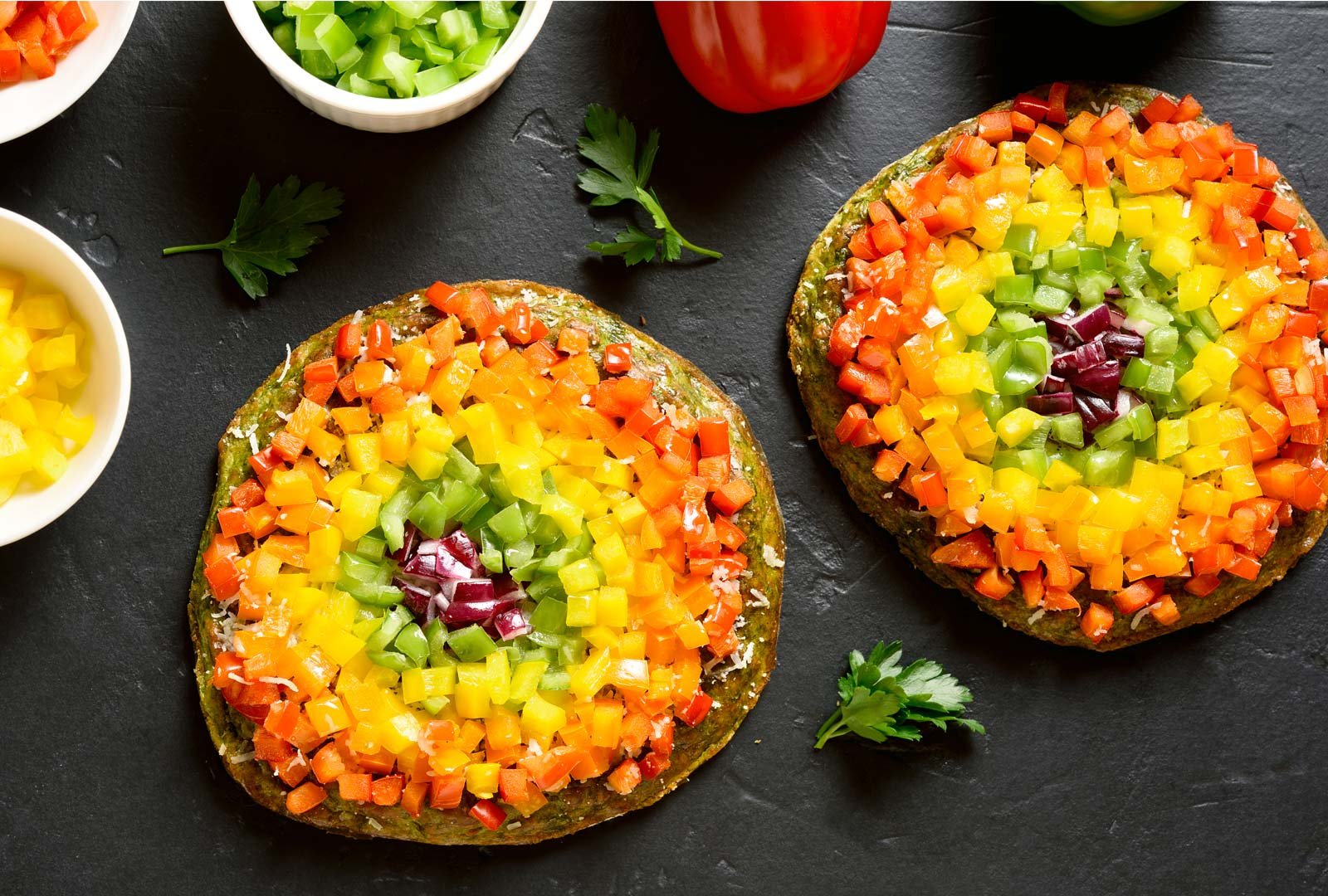In the quest for healthier lifestyle choices, many people turn to diet soda, believing it’s a better alternative to regular sugary beverages. With the promise of “zero calories,” diet soda seems like a win-win. However, the debate around diet sodas and their artificial sweeteners is far from settled. Let’s uncover the truth behind diet sodas and their effects on health.
What Exactly Is Diet Soda?
Diet soda often boasts the label “zero calories,” making it appear as though it’s a healthier option compared to regular soda, which typically contains around 140 calories per can. The appeal is clear: fewer calories mean a lower impact on weight and health, right?
However, calorie count isn’t the full story. Diet sodas contain artificial sweeteners, which are chemical compounds designed to mimic the sweetness of sugar. These sweeteners, such as aspartame in Diet Coke, saccharin in Diet Pepsi, and sucralose in other brands, are not natural products. They are synthesized in laboratories rather than derived from natural sources like sugar.
Are Diet Sodas Beneficial or Harmful?
Despite the calorie-saving benefits, diet sodas may not be as healthy as they seem. Artificial sweeteners can trigger an insulin response in the body, similar to sugar, even though they contain no calories to metabolize. This repeated insulin stimulation can potentially lead to long-term issues such as hormonal imbalances and insulin resistance.
Moreover, research suggests that artificial sweeteners can disrupt the gut microbiome, leading to increased glucose intolerance. This alteration in gut bacteria can negatively impact overall digestive health. Another concern is that artificial sweeteners may actually increase appetite by stimulating hunger hormones, potentially leading to higher calorie consumption overall.
Although there is limited long-term research on the effects of diet sodas, the current evidence suggests caution. The health impacts of these synthetic sweeteners might be more complex than simply being calorie-free.
Healthier Alternatives: Enjoying Drinks the Right Way
- Moderation is Key: Instead of relying on diet sodas, consider enjoying a smaller portion of regular soda. For example, fill your half glass with ice and reduce soda intake to almost 50% to satisfy your craving while cutting down on calorie intake.
- Homemade Lemonade: Make your own lemonade using fresh lemon juice, water, and a small amount of natural sweetener like honey or stevia. This allows you to control the sweetness and avoid the artificial additives found in commercial diet sodas.
- Infused Water: Enhance the flavor of plain water by infusing it with slices of fruits like lemon, cucumber, or berries. This not only makes the water more enjoyable but also adds a subtle natural sweetness without the need for artificial sweeteners.
- Sparkling Water with a Twist: If you miss the fizz of soda, try sparkling water with a splash of natural juice. Choose juices with no added sugar to keep it healthy. This combination can provide the effervescence of soda with a touch of natural flavor.
- Herbal Teas: Unsweetened herbal teas, served hot or cold, can be a flavorful and refreshing alternative. Flavors like peppermint, chamomile, and hibiscus offer a variety of tastes without added calories or chemicals.
- Coconut Water: For a naturally sweet and hydrating option, consider coconut water. It’s lower in calories compared to sugary drinks and provides electrolytes and nutrients beneficial for hydration.
- Buttermilk: It’s packed with probiotics, aiding digestion and hydration while offering a cooling effect, especially in hot weather. Typically spiced with cumin, salt, and herbs. It is a nutritious and low-calorie beverage that supports gut health and replenishes fluids.
- Vegetable Juices: Freshly made vegetable juices can be a nutritious alternative. Opt for a mix of low-sugar vegetables like celery, cucumber, and spinach to keep it light and healthful.
By exploring these healthier alternatives, you can enjoy flavorful beverages without the need for diet sodas or artificial sweeteners. Making small changes to your drink choices can significantly impact your overall health and well-being.
Conclusion
While diet sodas might seem like a healthier choice due to their zero-calorie label, they come with potential drawbacks related to artificial sweeteners. These sweeteners can impact insulin response, disrupt gut health, and even increase appetite. Moderation and creativity in your drink choices can offer healthier alternatives without the need for synthetic additives. As always, it’s best to stay informed and make choices that support your overall well-being. hardly able to cover it and seemed ready to slide.




